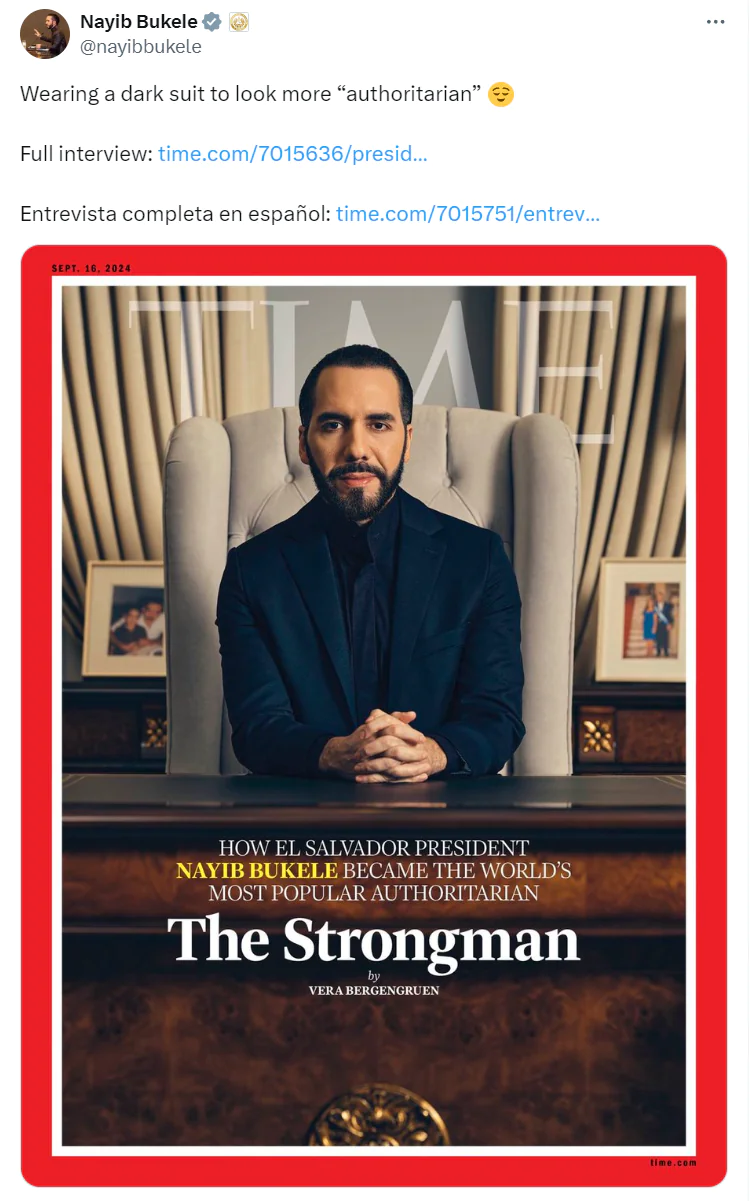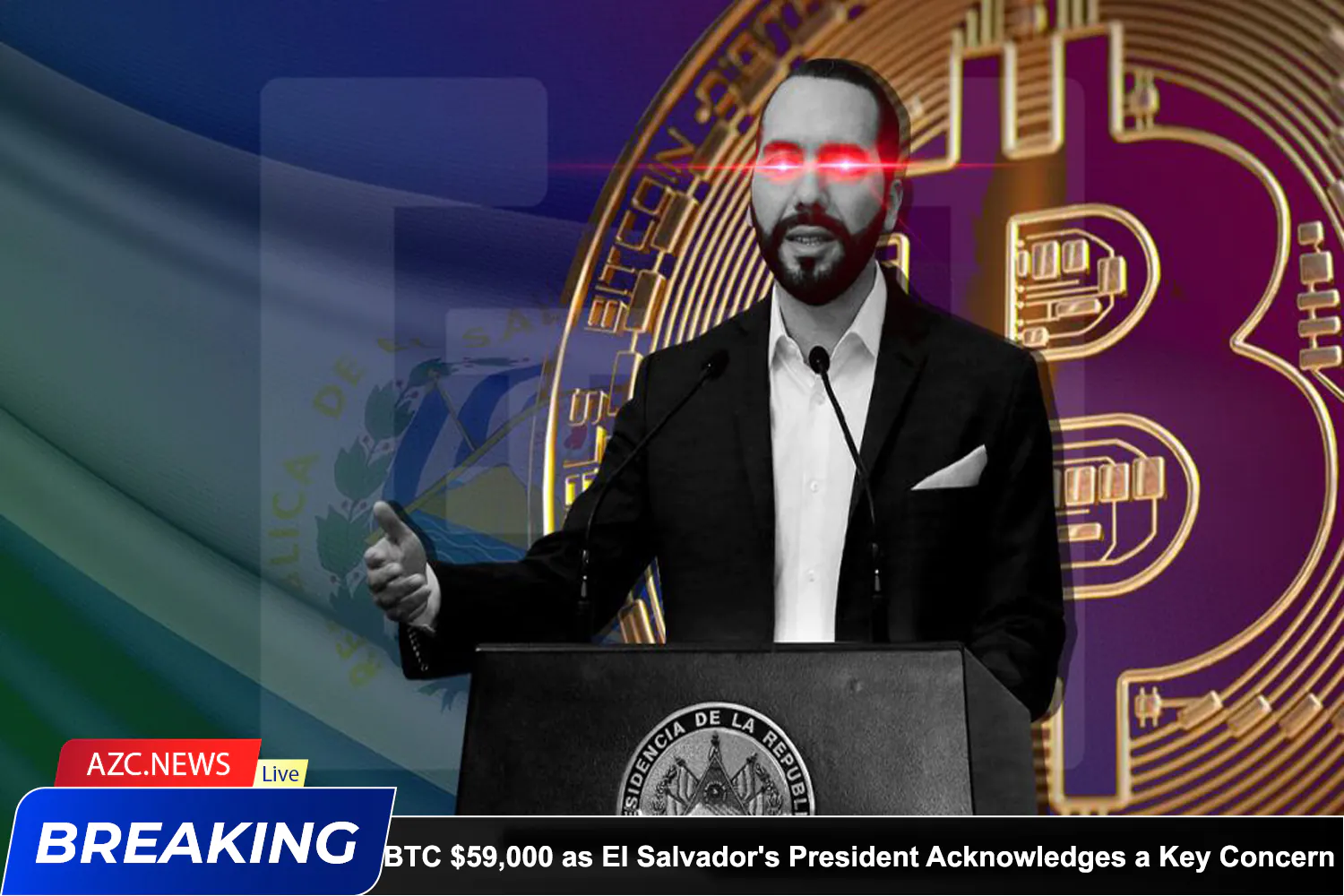El Salvador’s President Nayib Bukele acknowledged that the adoption of Bitcoin in the country has not met his expectations since the cryptocurrency was made legal tender. In an interview with Time magazine published on August 29, Bukele described the adoption as “a positive development” for El Salvador but admitted that the benefits have fallen short of his hopes. He compared the nation’s approach to Bitcoin adoption to the voluntary nature of protests, emphasizing that it was not enforced by the government.
“There is clearly much more that can be done,” Bukele said. “Bitcoin has not been as widely adopted as we anticipated. Many Salvadorans use it, and most major businesses in the country accept it. You can pay with Bitcoin at McDonald’s, supermarkets, or hotels. However, its adoption hasn’t reached the level we expected.”
In an August 29 post on X, the president appeared to praise Time’s portrayal of him as “the world’s most beloved dictator.” Since taking office in June 2019, El Salvador’s homicide rate has significantly decreased.

However, many have accused his government of human rights violations in its crackdown on gang activities within the country, including the detention of critics. Bukele has declared El Salvador “the safest country in the Western Hemisphere” and has denied using tear gas or batons to suppress protests.
“Everything in life comes with a price, and the cost of being labeled authoritarian is too trivial for me to be concerned about. I don’t like it, but it doesn’t keep me up at night,” Bukele remarked.
Bukele first caught the attention of the cryptocurrency community in 2021 when he announced his plan for El Salvador to adopt Bitcoin as legal tender during the Bitcoin Conference in Miami. Since then, he has championed the creation of a “Bitcoin City” powered by the country’s volcanoes and introduced a citizenship program for individuals who commit to investing $1 million in BTC or USDT.
The president frequently announces Bitcoin purchases on X, and according to him, the country holds approximately $400 million in its “public wallet.” After securing another electoral victory in February, Bukele is expected to remain president of El Salvador until 2029.






